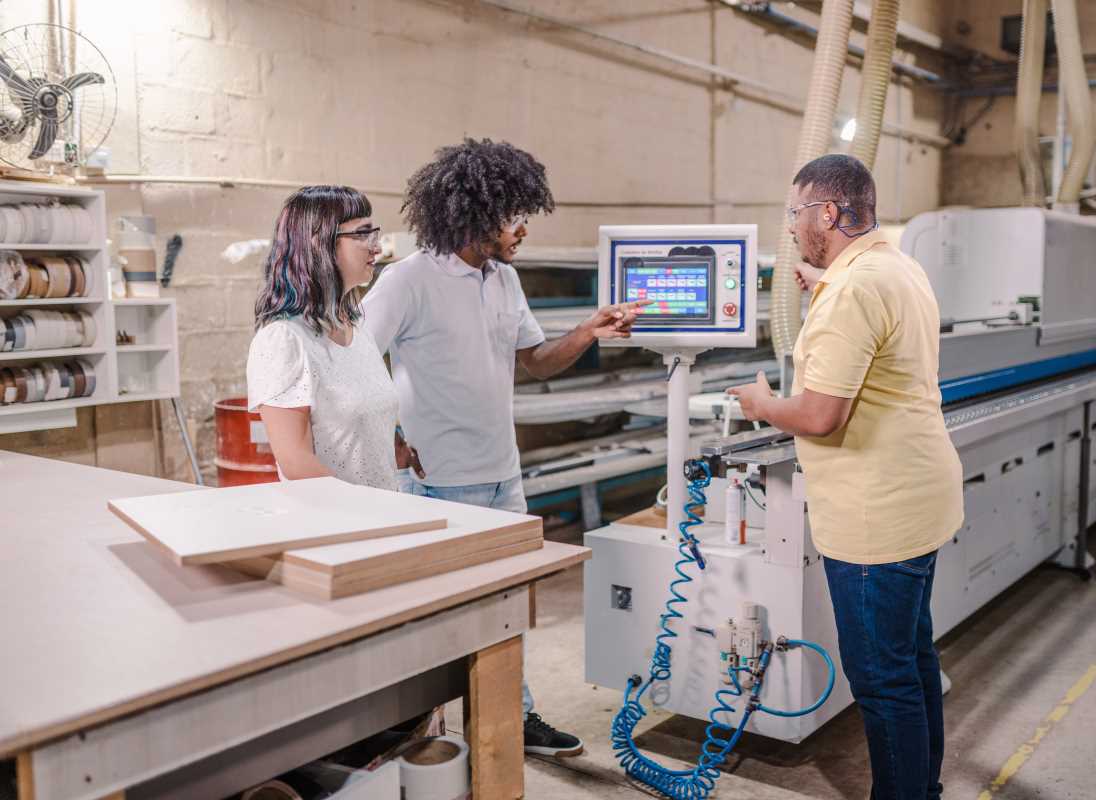In the past, education was often seen as something with a clear finish line. You went to high school, maybe college, and then you were "done." You'd get a job and use the skills you learned for the rest of your career. But the world we live in today is changing at an incredible speed. Technology is advancing, new industries are emerging, and the jobs of tomorrow might not even exist yet. In this fast-paced environment, the idea of being "done" with learning is no longer an option. The secret to not just surviving but thriving in your career and personal life is to embrace the idea of lifelong learning. It's about staying curious, adaptable, and constantly willing to acquire new knowledge and skills, long after you've left a formal classroom. This commitment to continuous growth is what will keep you relevant and prepared for whatever the future holds.
Lifelong learning is exactly what it sounds like: the ongoing, voluntary, and self-motivated pursuit of knowledge for either personal or professional reasons. It’s not about getting a degree or a certificate, though it can include those things. Instead, it’s a mindset. It's about recognizing that learning is a continuous journey, not a destination.
This can take many forms. For one person, it might mean taking online courses to learn a new programming language to stay competitive at work. For another, it could be learning to play the guitar through YouTube tutorials simply for the joy of it. It could be reading books about a historical event that sparks your curiosity, listening to podcasts about new scientific discoveries, or joining a local workshop to learn a new craft like pottery or woodworking. The key is that you are actively and intentionally seeking out new information and experiences to expand your understanding of the world.
Staying Ahead in Your Career
One of the most practical benefits of lifelong learning is its impact on your professional life. The skills that are in high demand today might be obsolete in five or ten years. Think about how much the workplace has changed in the last decade alone. Fields like digital marketing, data science, and artificial intelligence were barely on the radar for most people. Now, they are some of the fastest-growing job sectors.
By continuously learning, you can adapt to these changes instead of being left behind. If you're a marketing professional, learning about the latest social media trends or data analytics tools can make you much more effective at your job. If you're in manufacturing, learning about new automation technologies can help you transition into a more skilled role. Employers value workers who take the initiative to keep their skills current. It shows that you are proactive, adaptable, and committed to your own growth, which are all traits of a valuable employee. Lifelong learning can lead to promotions, higher salaries, and greater job security because you are constantly making yourself more indispensable.
The Personal Benefits
While the career benefits are significant, the advantages of lifelong learning extend far beyond the workplace. Continuously challenging your brain and learning new things has been shown to have powerful effects on your personal well-being.
Keeps Your Brain Healthy: Just like your muscles, your brain needs exercise to stay strong. Learning new things creates new connections between brain cells and helps build up what's called a "cognitive reserve." This can help keep your mind sharp as you age and may even help protect against cognitive decline. Whether you're learning a new language, mastering a complex board game, or taking up a musical instrument, you are giving your brain a great workout.
Boosts Confidence and Self-Esteem: Mastering a new skill feels good. When you finally figure out that tricky chord on the guitar or successfully bake a complicated recipe, you get a rush of accomplishment. This process of setting a goal, working at it, and achieving it builds confidence. This newfound confidence can spill over into other areas of your life, making you more willing to take on new challenges.
Increases Creativity: Learning about different subjects exposes you to new ideas and new ways of thinking. This cross-pollination of knowledge is a major source of creativity. An engineer who takes a painting class might start to think more creatively about design problems. A writer who studies biology might find inspiration for a new story. The more diverse your knowledge base, the more dots you can connect in new and interesting ways.
Practical Tips
Embracing lifelong learning doesn't mean you have to enroll in a university or spend a lot of money. There are countless ways to integrate learning into your daily life, many of which are free or low-cost.
1. Read Widely: Make reading a regular habit. Read books, articles, and blogs on a variety of subjects, not just the ones you already know about. Read fiction to improve your empathy and understanding of the human experience, and read non-fiction to expand your knowledge of the world.
2. Use Online Learning Platforms: The internet is a treasure trove of learning resources. Websites like Coursera, edX, and Khan Academy offer thousands of courses from top universities and companies, many of which you can audit for free. YouTube has tutorials on almost any skill you can imagine, from home repair to graphic design.
3. Listen to Podcasts and Audiobooks: If you have a busy schedule, podcasts and audiobooks are a fantastic way to learn on the go. You can listen during your commute, while you're exercising, or while you're doing chores. There are podcasts on every topic imaginable, from history and science to business and personal development.
4. Follow Your Curiosity: Pay attention to the things that spark your interest during the day. If you hear a word you don't know, look it up. If a news story piques your interest, do a little more research to understand the background. Let your natural curiosity be your guide.
5. Take on a Project: One of the best ways to learn is by doing. Want to learn about web design? Try building your own simple website. Interested in gardening? Start a small vegetable garden in your backyard. A hands-on project forces you to solve real problems and apply what you are learning.
 (Image via
(Image via





